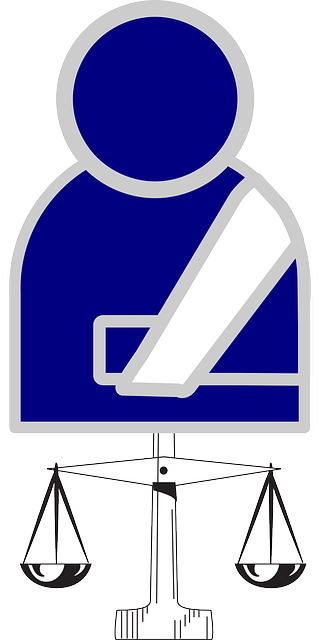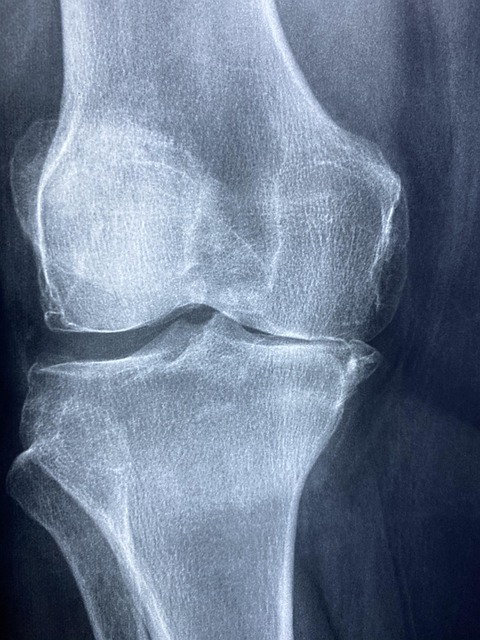Accident claims encompass both physical and emotional pain & suffering, aiming to compensate individuals for their reduced quality of life. Non-economic damages, or general damages, include harm like physical pain and loss of enjoyment, which are difficult to quantify. Evaluating these damages involves considering injury severity, recovery duration, and post-accident quality of life; complex cases may require financial modeling. Skilled attorneys review medical records and expert testimony to accurately determine non-economic damages in accident claims.
“In the aftermath of an accident, calculating pain and suffering damages is a crucial step in an accident claim. This comprehensive guide breaks down the process, focusing on understanding non-economic damages, assessing their value, and navigating the legal procedures to prove and secure compensation.
From comprehending the legal framework to mastering evaluation methods, this article equips you with vital insights into maximizing your accident claim’s potential.”
- Understanding Pain and Suffering Compensation in Accident Claims
- Assessing the Value of Non-Economic Damages
- The Process of Calculating and Proving Pain and Suffering in Court
Understanding Pain and Suffering Compensation in Accident Claims

Pain and suffering is a significant aspect of accident claims, aiming to compensate individuals for the physical and emotional distress they experience due to injuries sustained in an accident. This type of compensation goes beyond the financial cost of medical treatment and aims to recognize the impact on quality of life and overall well-being. In many cases, it’s calculated based on factors like the severity of injuries, duration of recovery, and the degree of permanent disability or disfigurement.
Understanding what constitutes pain and suffering in an accident claim is crucial for both claimants and insurers. When assessing these claims, especially in complex cases like nursing home neglect or insurance disputes, a thorough evaluation of medical records, expert testimony, and the individual’s personal account play vital roles. Accurately determining accident compensation ensures fairness and helps individuals move forward after traumatic events, whether through settlement agreements or court-ordered accident compensation.
Assessing the Value of Non-Economic Damages

When evaluating an accident claim, non-economic damages—also known as general damages—are a significant component that can significantly impact the overall compensation. This category encompasses various forms of harm that are not easily quantified with monetary values, such as physical pain, emotional distress, and loss of enjoyment in life. Assessing these damages involves considering the unique circumstances of each case.
A car accident attorney or personal injury claims expert will often look at factors like the severity of injuries, duration of medical treatment, and the patient’s quality of life post-accident. For instance, prolonged recovery periods, chronic pain, or permanent disabilities may warrant higher non-economic damage awards in accident settlements. These considerations are crucial in ensuring that individuals affected by accidents receive fair compensation for their experiences beyond the tangible costs of medical care.
The Process of Calculating and Proving Pain and Suffering in Court

Calculating and proving pain and suffering damages in an accident claim is a meticulous process that requires a comprehensive understanding of both medical facts and legal principles. The first step involves gathering detailed records of all medical treatments, therapies, and medications related to the injury. These records serve as the foundation for quantifying the physical and emotional distress experienced by the claimant.
A skilled truck accident attorney or car accident lawyer, depending on the nature of the case, will meticulously review these documents, often in collaboration with experts like medical professionals and economists. They assess the extent of the injuries, their impact on daily life, and the duration of recovery to determine the value of non-economic damages, commonly referred to as pain and suffering. In complex cases where there are multiple parties or fiduciary duty breaches, this process can become even more intricate, requiring detailed financial modeling to project future medical needs and care costs.
Calculating pain and suffering in an accident claim is a complex process that involves assessing non-economic damages. By understanding compensation principles, evaluating emotional distress, and presenting compelling evidence, claimants can secure fair remuneration for their physical and mental hardships. This comprehensive guide equips individuals with the knowledge to navigate the legal landscape of accident claims, ensuring they receive appropriate redress for their injuries and suffering.





